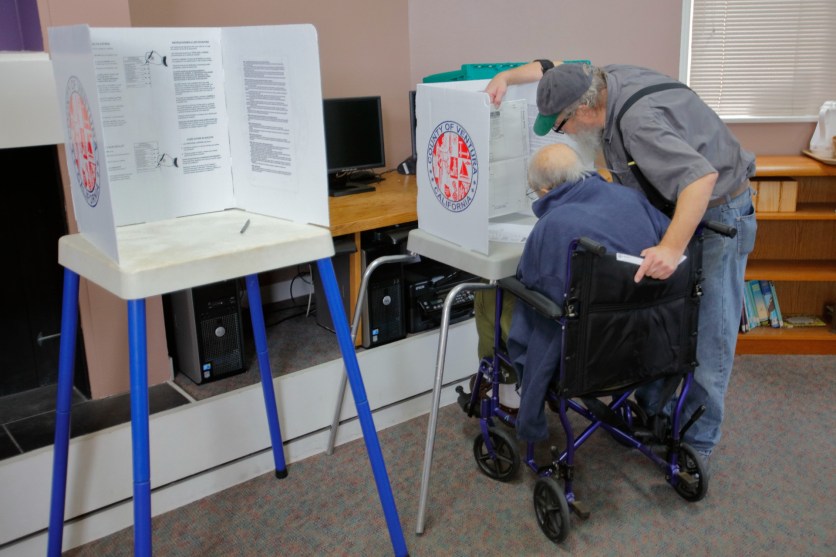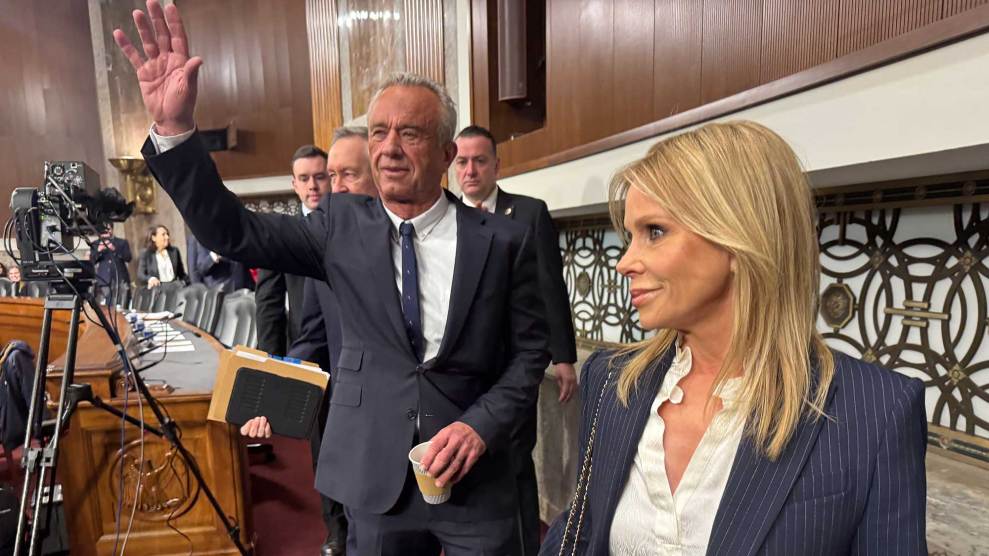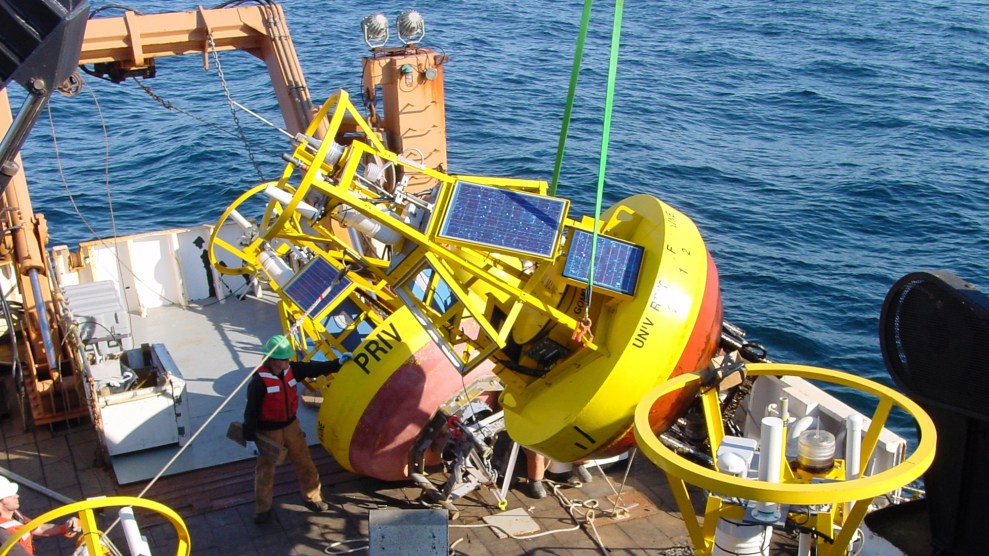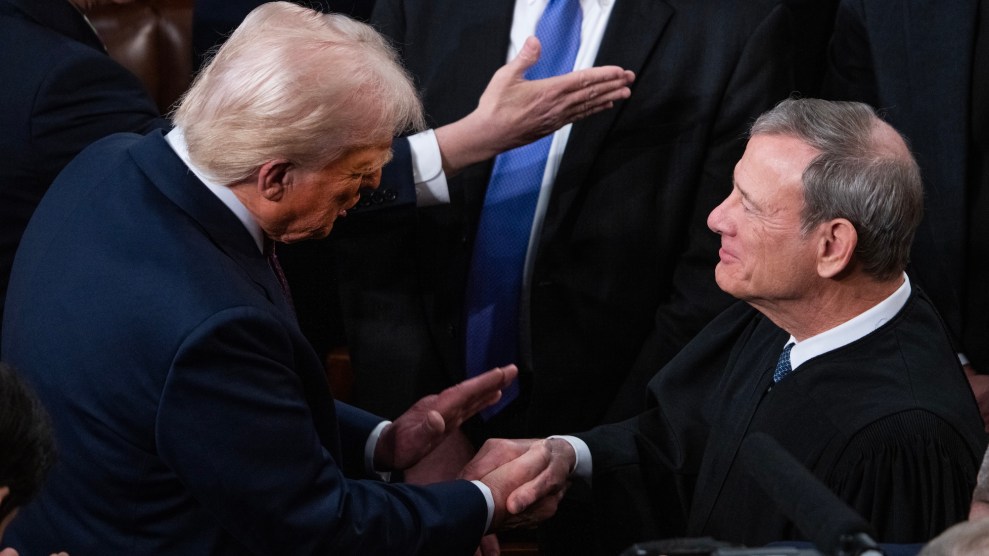The next citizen showdown against corporate globalization will be on April 16 and 17, when thousands of people come to Washington, D.C. to protest — through legal demonstrations and/or civil disobedience — the politics of the International Monetary Fund and the World Bank. For details on events, see www.a16.org. Here’s a dozen reasons why you should join the protests:
- IMF/World Bank structural adjustment programs have increased poverty around the world.
Structural adjustment — the standard IMF/World Bank policy package which calls for slashing government spending, privatization, and opening up countries to exploitative foreign investment, among other measures — has deepened poverty around the world. In the two regions with the most structural adjustment experience, per capita income has stagnated (Latin America) or plummeted (Africa). Structural adjustment has also contributed to rising income and wealth inequality in the developing world.
- IMF/World Bank “debt relief” for poor and indebted countries is a sham.
Many poor countries must devote huge portions of their national budgets to paying back foreign creditors — often for loans that were made to dictators, for wasteful military spending or boondoggle projects. The money used to pay back debt subtracts from essential expenditures on health, education, infrastructure and other important needs.
The IMF/World Bank plan to relieve poor countries’ debt burden will leave most poor countries paying nearly as much as they currently do. And all of the debt relief is conditioned on countries undergoing years of closely monitored structural adjustment.
- The IMF has helped foster a severe depression in Russia.
Russia in the 1990s has witnessed a peacetime economic contraction of unprecedented scale — with the number of Russians in poverty rising from two million to 60 million since the IMF came to post-Communist Russia. The IMF’s “shock therapy” — sudden and intense structural adjustment — helped bring about this disaster. “In retrospect, it’s hard to see what could have been done wrong that wasn’t,” says Mark Weisbrot of the Center for Economic and Policy Research.
- The IMF helped create and worsen the Asian financial crisis.
The IMF encouraged Asian countries to open their borders to “hot money” — speculative finance invested in currency, stocks and short-term securities. That was an invitation to trouble. The Asian financial crisis resulted from the hot money brokers’ herdlike decision to leave Asian countries en masse.
Once the crisis hit, the IMF made things worse by requiring structural adjustment as a condition for IMF loans. The result was a surge in bankruptcies, layoffs and poverty. In Indonesia, poverty rates rose from an official level of 11 percent to 40 to 60 percent, depending on the estimate. At one point, Indonesia’s food shortage became so severe that then-President Habibie implored citizens to fast twice a week. Many had no choice.
- The IMF bails out big banks.
The IMF bailouts in Asia, like those in Russia and Mexico, directed money to those countries largely for the purpose of paying off loans to foreign banks. Thanks to the IMF, the banks escaped significant losses for imprudent lending decisions. Citigroup, Chase Manhattan and J.P. Morgan were among the beneficiaries of the “Korean” bailout.
- IMF/World Bank structural adjustment programs devastate the environment.
Structural adjustment demands an increase in exports and foreign exchange earnings. As a result, explains Friends of the Earth, “Countries often over-exploit their resources through unsustainable forestry, mining and agricultural practices that generate pollution and environmental destruction.”
- IMF/World Bank structural adjustment programs contribute to the spread of HIV/AIDS.
Here’s how Dr. Peter Lurie and collaborators explained the problem in the journal AIDS: The displacement of the rural sector under structural adjustment programs — as imports undermine local farmers and the shift to large-scale plantations for exports further displaces the rural population — contributes to migration and urbanization. Many men leave rural villages for work in big cities or in mines, contract HIV/AIDS from casual sex partners or sex workers, and then spread the disease to spouses in their home village. The displacement of children and young women into the cities has led to a sharp increase in commercial sex work and heightened rates of HIV/AIDS.
- IMF/World Bank structural adjustment programs harm women.
Cuts in budget spending, mandated by structural adjustment programs, leave women to pick up the pieces — with government services eliminated, women are forced to provide informal social supports for the sick and disabled. The IMF/Bank emphasis on exports has pushed women farmers to switch from growing food for family consumption to crops for exports — and left them poorer in the process. The high interest rates associated with structural adjustment have made credit less accessible, undermining the viability of small women-owned businesses.
- IMF/World Bank structural adjustment programs and Bank project loans have led to deforestation worldwide.
The export orientation demanded by structural adjustment policies has led to more forest cutting. And World Bank forest sector loans to countries around the world have done nothing to improve the situation.
“Although the [1991 Bank Forest] policy had dual objectives of conservation of tropical moist forests and tree planting to meet the basic needs of the poor, Bank influence on containing rates of deforestation of tropical moist forests has been negligible in the 20 countries with the most threatened tropical moist forests.” Who said that? The World Bank’s own Operations Evaluation Department, in November 1999!
- World Bank policies have displaced millions of people around the world.
World Bank loans for dams and major infrastructure projects routinely require removal of massive numbers of people from their homes and destruction of their communities. In addition to the emotional hardship of leaving their land, the displaced people almost always find their quality of life diminished after the move. The Bank itself agrees. A 1994 report from the World Bank’s Environmental Department found that, “Declines in post relocation incomes are sometimes significant, in certain cases reaching as much as 40 percent for people who were poor even before their displacement.”
- The World Bank’s International Finance Corporation (IFC) provides corporate welfare for environmentally destructive projects.
The IFC finances and provides advice for private sector ventures and projects in developing countries in partnership with private investors. Among its private sector partners: ExxonMobil, BP, Coca-Cola, Kimberly-Clark and Marriott. There’s no reason for a public development institution, supposedly working to fight poverty, to lend its support to these well-endowed multinationals. Making matters worse, many of the private sector projects supported by the IFC, especially in the oil and gas sector, are environmentally destructive.
- April 16 is a chance to make history.
While massive protests against IMF and World Bank policies are commonplace in the developing world — from Jordan to Indonesia, Venezuela to Zambia — the IMF and World Bank are not accountable to populations in those countries. In contrast, there has never been a demonstration of more than a few hundred people to challenge IMF and Bank policy in the United States — the largest and most influential shareholder in the institutions.
That’s going to change on April 16. The thousands of people who will attend the April 16 protests will forever change the political context of debates on IMF and the World Bank — the best hope for billions in the developing world who have been subjected to the IMF and Bank’s brutal policies with no recourse.
Special bonus reason to come to D.C.: With large puppets, colorful pagaentry, militant protests, emcee Michael Moore at the legal demonstration on the Ellipse, and lots of great music, the protests will be a fun-filled festival of resistance.
















